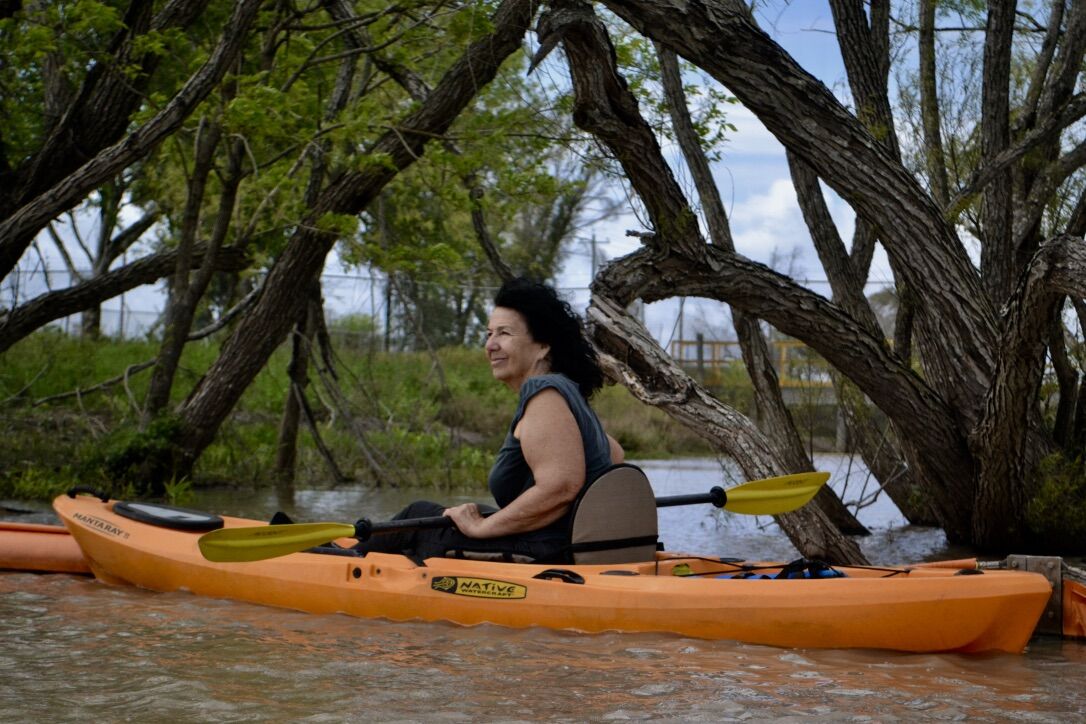December 3, 2019
Pollution payouts: Millions to be spent in Clean Water Act settlements

Diane Wilson, former shrimper and plaintiff collects plastic pellets from the waterways near a Texas plastics manufacturer. Texas RioGrande Legal Aid photo
Diane Wilson, former shrimper and plaintiff collects plastic pellets from the waterways near a Texas plastics manufacturer. Texas RioGrande Legal Aid photo